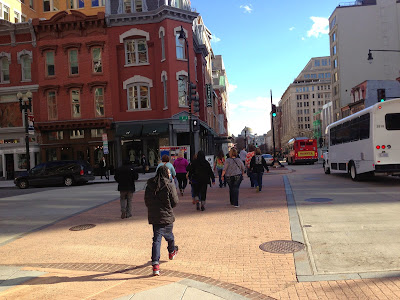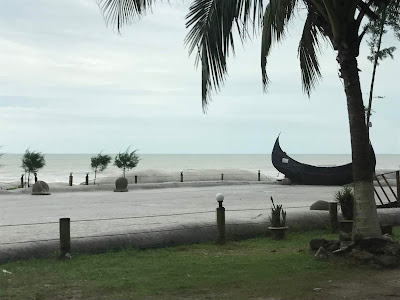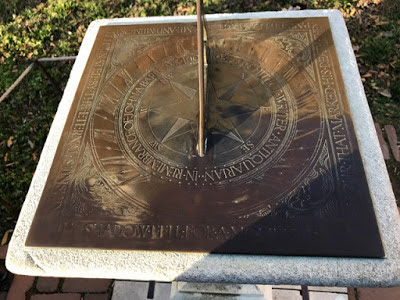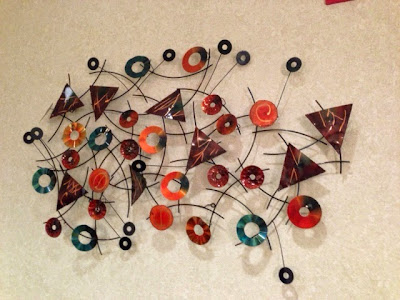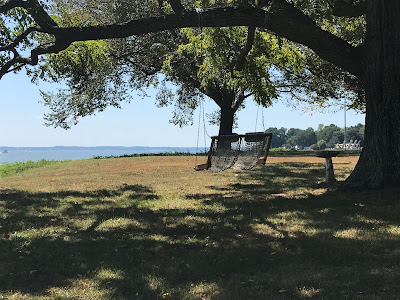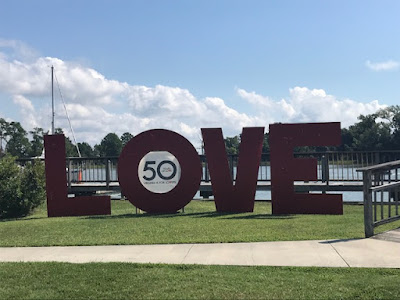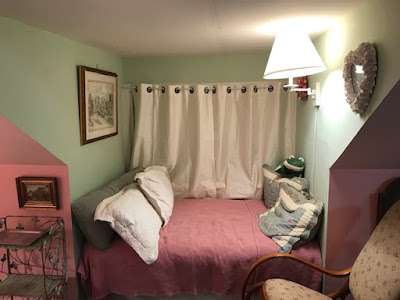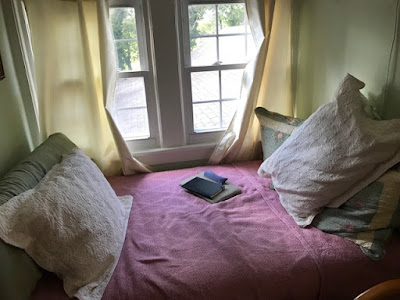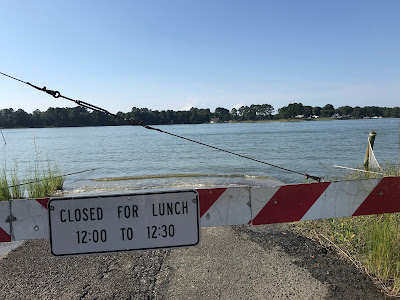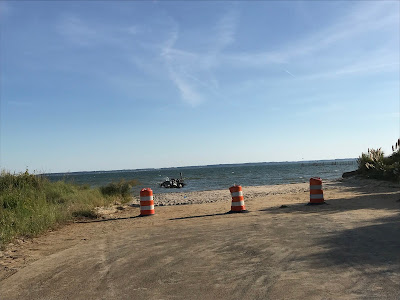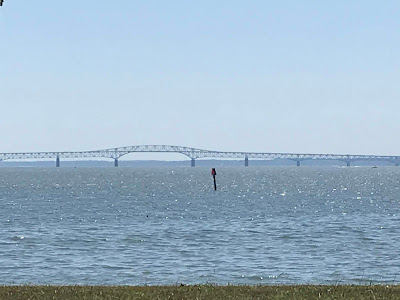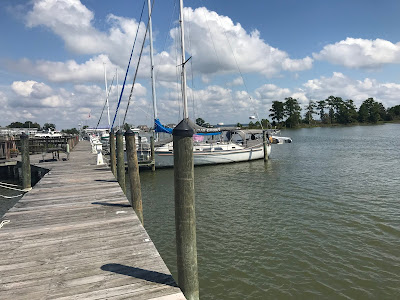Farewell, Express
Yesterday I picked up the Express newspaper offered to me by our Vienna hawker Bobbie. I don’t always get this abbreviated, tabloid giveaway version of the Washington Post. But when I don’t have the parent paper or something else to read, I pick it up. And I always take it if Bobbie offers it to me. He’s a kind soul whose feelings might be hurt if I did not.
But sometimes when I do have the parent paper and Bobbie holds out the Express, I pick it up … then gently place it on top of the trash can at the entrance to Metro. I don’t throw it away — no one has read it yet! — but I do put it up for adoption.
That’s what I did yesterday, not even glancing at the headline. Then, on the way home, I saw a copy of Express someone had left behind on the bus. “Hope you enjoy your stinking’ phones” said the headline, which caught my eye, then below, the small print: “Add Express to the list of print publications done in by mobile technology. Sadly, this is our final edition.”
As you can tell, I’m not an everyday Express reader, but I’m a common-enough one to mourn its passing. There was an irreverence about it, and it was informative, too. Now, another print publication bites the dust, 20 journalists lose their jobs, and a community culture goes away (because Express hawkers drew commuters together).
I’ll let Express have the last word here. This is from a small item on its inside front cover:
Nation Shocked! Shocked!
Traditional print news product abruptly goes out of business
In news that scandalized a nation, The Washington Post Express abruptly shut down Thursday, citing falling readership and insufficient revenue. Apparently, everyone riding the D.C. Metro now looks at their phones instead of reading print newspapers. Express editors will miss the newspaper and its readers very much. It has been a pleasure and an honor to provide commuters with this daily dose of this odd news.

